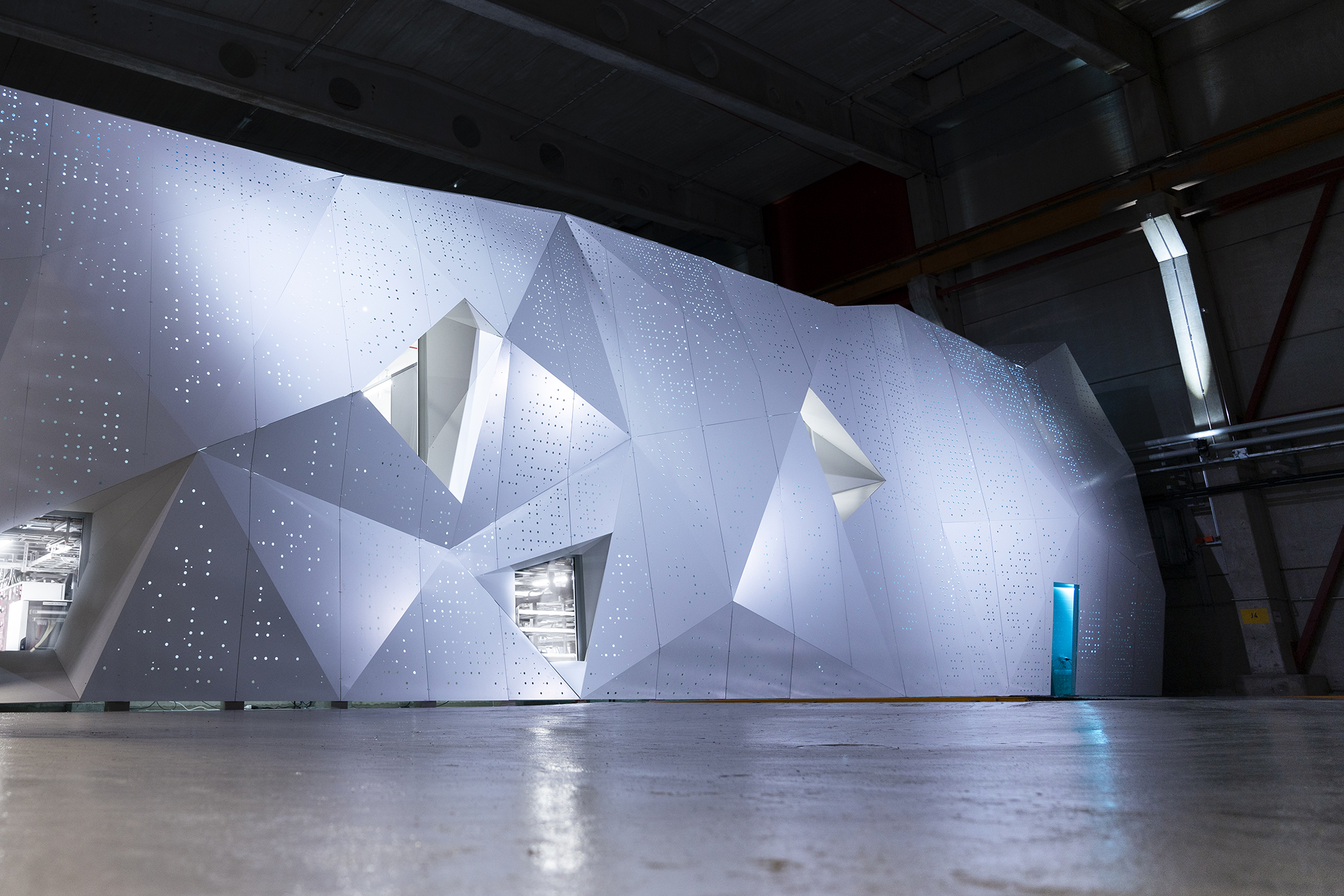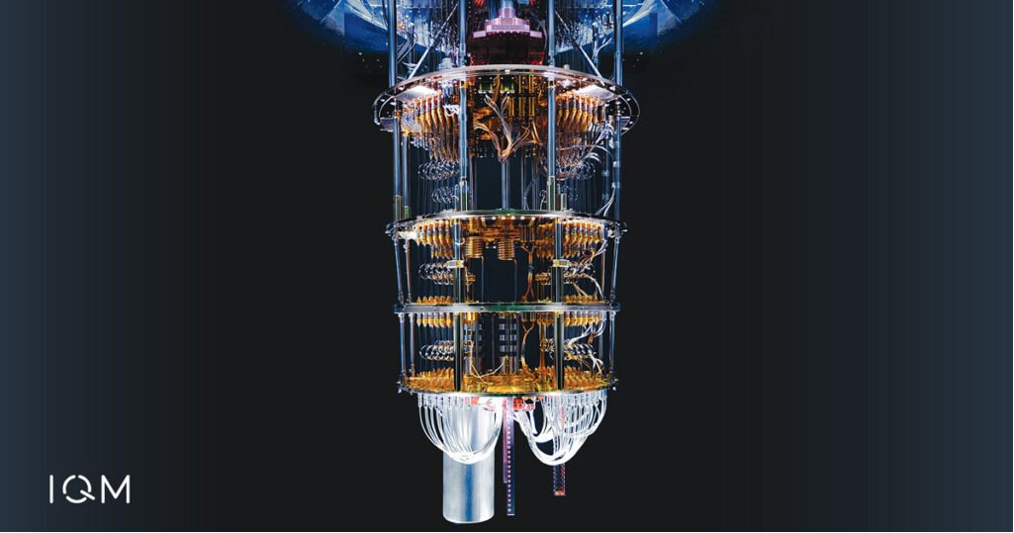
Danish researchers now have the opportunity to access LUMI, which is one of the fastest supercomputers in the world. And if there are start-up difficulties, there is also help to be found, because the supercomputer LUMI has its own support team, called LUMI LUST for LUMI User Support Team. All participants in the LUMI consortium are represented in the support team with a full-time employee per. country. This applies to Finland, Belgium, the Czech Republic, Estonia, Iceland, Norway, Poland, Sweden, Switzerland and of course Denmark. LUMI LUST provides joint technical support to LUMI users, including those who come on board via open resource calls from the European EuroHPC. LUMI LUST also handles the preparation of LUMI documentation, that is instructions, manuals and tutorials, just as the team is also responsible for quality assurance of the software on the machine, and has established interest groups in relation to specific technical solutions for LUMI. All to solve technical problems before they occur and make the use of LUMI smoother for its users.
Danish LUMI support at DeiC Back Office
Since October 2021, LUMI LUST has received a total of approximately 400 inquiries from all countries in the consortium. In Denmark, the support is handled by two HPC specialists who work at the national Back Office at DeiC. Among other things, they collaborate with researchers who have specific code problems that require adaptation to the hardware architecture at LUMI.
Two HPC specialists at DeiC Back Office
René Løwe Jacobsen is an HPC specialist and handles support for the classic HPC disciplines such as problems with Message Passing Interface (MPI), which is the communication between parallel computer nodes and available hardware for optimal performance. He also helps to get the most out of the hardware by using code optimization within C, C ++ and Fortran, as well as utilizing GPUs for computing via the code languages CUDA and HIP.
Christian Schou Oxvig is an HPC specialist and provides support for computer science in the programming language Python at LUMI, including tools for artificial intelligence (AI) and machine learning (ML). The learning curve for Python for HPC is not as steep as for classical programming in C ++ or Fortran, and can thus be a way to attract new users to the HPC field.
Both experienced and beginners should be able to get access
The Danish strategy is that both experienced and newer HPC users should be able to access LUMI. If a researcher is familiar with a computer terminal, and wants to take the step further from an interactive HPC to a classic HPC system with queuing systems, then they can get started on LUMI-C, which is the CPU part of LUMI.
LUMI-C is ranked No. 76 on the Top500 list, which is a recognized ranking list of the largest HPC facilities in the world. One machine at LUMI alone has significantly more computing capacity than what researchers are used to using at their own universities. A LUMI-C node contains two CPUs with 64 cores (128 in total), while a standard laptop for comparison contains four to eight cores.
Research project from AU got help from LUMI LUST
Although the official inauguration for LUMI has not yet taken place, the first Danish pilot projects have already used the machine. Therefore, the support team has also already been up and running. In the autumn, a quantum chemistry project from Aarhus University ran a series of calculations on LUMI, and received support from the Swedish part of LUMI LUST, when their code suddenly did not work on LUMI-C, despite the fact that it worked fine at a local facility.
“It is far from guaranteed that a large and non-standard computer code, meaning 300,000+ lines C ++, that uses various libraries and MPI, will automatically work on a new computer system. We were thus strongly challenged at one point, but we made it work with highly qualified assistance from LUMI LUST, and we ended up being able to run a collection of calculations on LUMI we otherwise would not have been able to complete,” says Ove Christiansen, professor of chemistry at Aarhus University.
More knowledge sharing with Front Office
DeiC is part of the LUMI LUST consortium and will in 2022 work to increase the knowledge sharing with the Front Offices at the eight Danish universities.
“We have had a small distribution of 15,000,000 CPU core hours to six projects. And we have also given four projects the opportunity to have some computational time to develop and adapt their program to LUMI,” says Eske Christiansen, Head of HPC at DeiC.
If you want to know more about LLUMI LUST, feel free to contact Head of HPC at DeiC, Eske Christiansen, via e-mail.
Furthermore, you can always contact the Front Office at your local university for more information on access and resources, and the LUMI User Support directly for more specific code inquiries.




